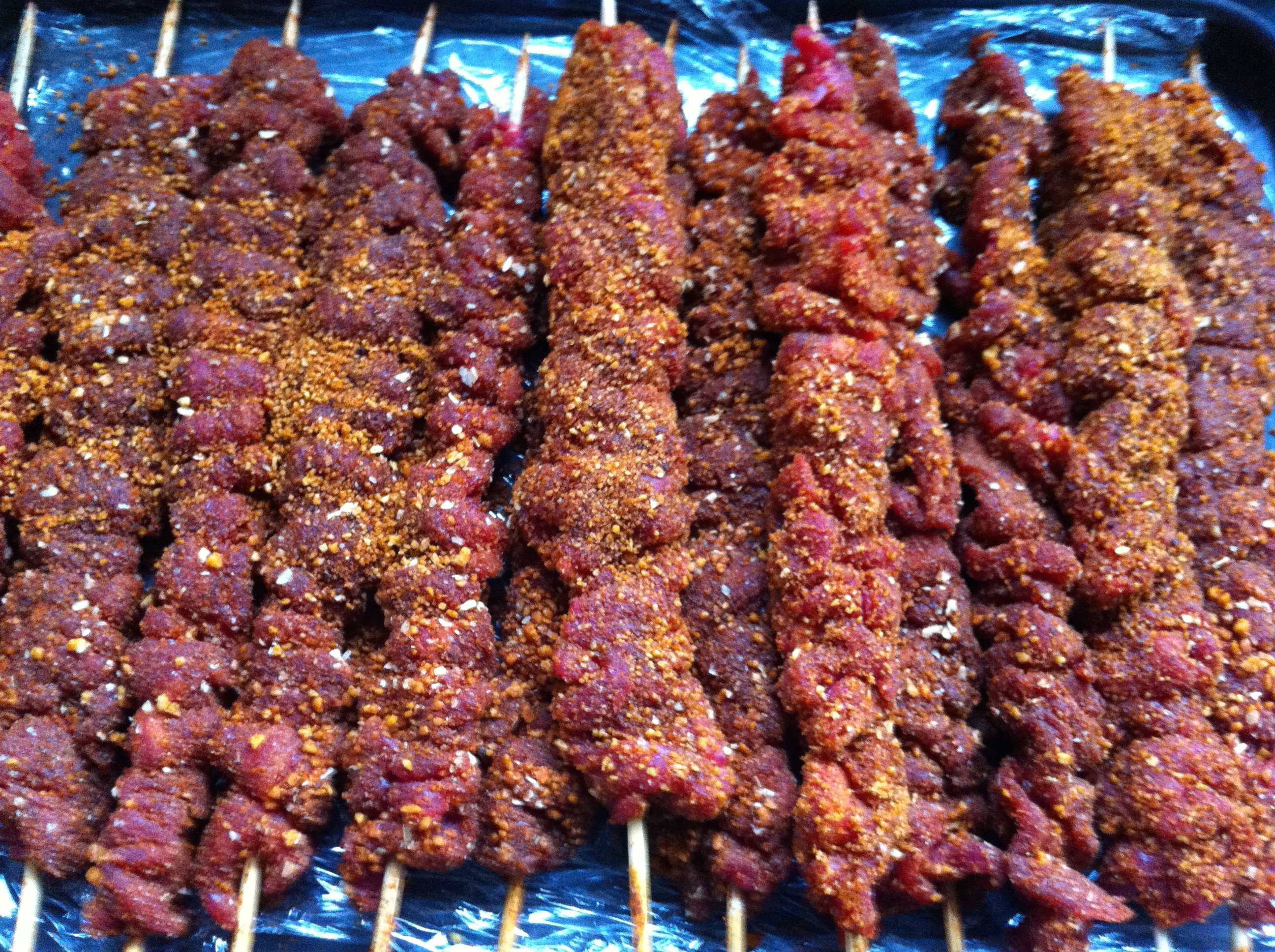Nigeria’s favourite barbeque, suya, could cause cancer, the World Health Organisation (WHO) has indicated in its much-awaited report on the link between red meat and the disease.
Although suya, as well as bush meat, are not expressly mentioned in the report, they fall under the definition of processed meat.
In a report published by the BBC on Monday, processed meat is defined as meat that “has been modified to increase its shelf-life or alter its taste – such as by smoking, curing or adding salt or preservatives”.
It also says high temperature cooking, such as on a barbeque, can create carcinogenic (cancer-causing) chemicals.
Advertisement
Suya, which is processed red meat, is prepared by barbeque and seasoned with salt, pepper and groundnut powder. Kilishi, a drier version of suya, is also preserved with seasoning, same for bush meat preserved for says along highways in wait for buyers.
Other forms of processed meat are bacon, sausages and ham.
The WHO report said 50g of processed meat a day – less than two slices of bacon – increased the chance of developing colorectal cancer by 18%.
Advertisement
Meanwhile, WHO also said red meat is “probably carcinogenic” but there was limited evidence, but stressed that meat also had health benefits.
The WHO has come to the conclusion on the advice of its International Agency for Research on Cancer, which assesses the best available scientific evidence.
It has now placed processed meat in the same category as plutonium, but also alcohol as they definitely do cause cancer.
However, this does not mean they are equally dangerous. A bacon sandwich is not as bad as smoking.
Advertisement
“For an individual, the risk of developing colorectal (bowel) cancer because of their consumption of processed meat remains small, but this risk increases with the amount of meat consumed,” Kurt Straif from the WHO said.
Estimates suggest 34,000 deaths from cancer every year could be down to diets high in processed meat.
That is in contrast to one million deaths from cancer caused by smoking and 600,000 attributed to alcohol each year.
Red meat does have nutritional value too and is a major source of iron, zinc and vitamin B12.
Advertisement
However, the WHO said there was limited evidence that 100g of red meat a day increased the risk of cancer by 17%.
An eight ounce steak is 225g.
Advertisement
The WHO said its findings were important for helping countries give balanced dietary advice.
Tim Key, a professor from the Cancer Research UK and the University of Oxford, said: “This decision doesn’t mean you need to stop eating any red and processed meat, but if you eat lots of it you may want to think about cutting down.
Advertisement
“Eating a bacon bap every once in a while isn’t going to do much harm – having a healthy diet is all about moderation.”
The industry body the Meat Advisory Panel said “avoiding red meat in the diet is not a protective strategy against cancer” and said the focus should be alcohol, smoking and body weight.
Advertisement
Add a comment






